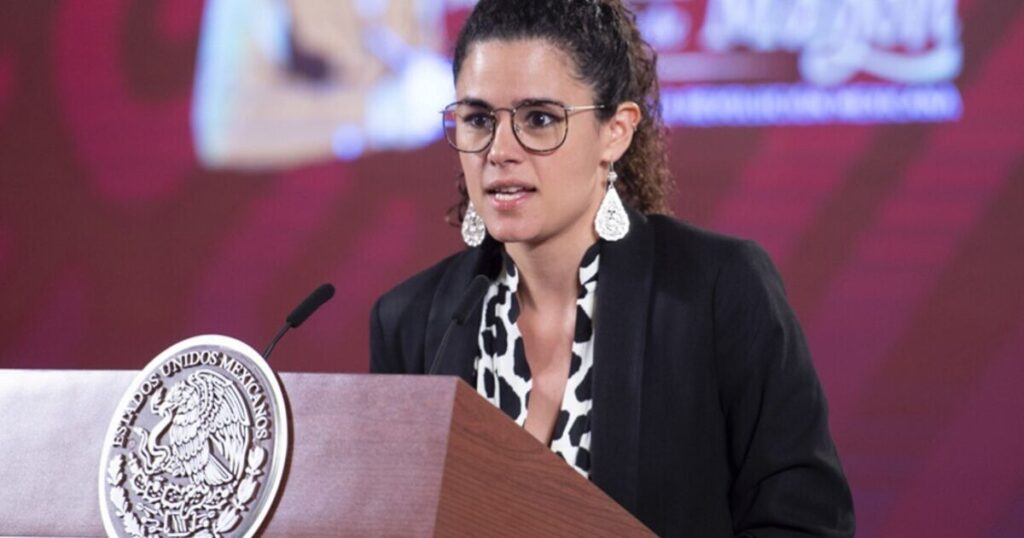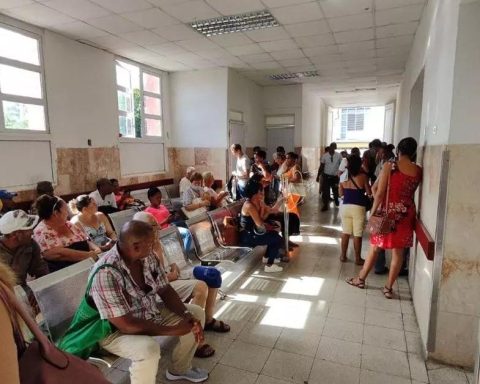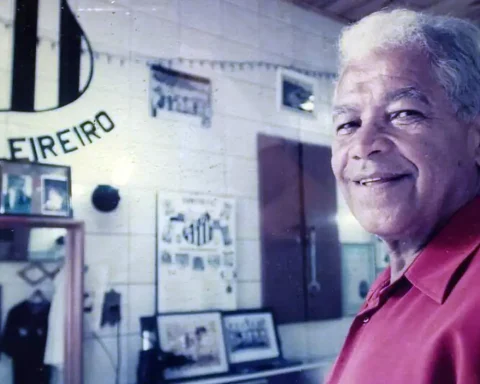The history of Latin America is “sown with warlords,” an archaic past that should no longer exist but that persists, even in the 21st century, according to the writer Sergio Ramírez, who assures that in the case of Nicaragua “we cannot accept that the country is condemned to repeat one and another dictatorship”.
Ramírez, Cervantes Prize 2017, shared these reflections on Monday in a colloquium held in the Cortes de Aragón – the Parliament of that Spanish region – under the title “The writer and freedom of expression”.
In his speech, the Nicaraguan writer assured that the imagination is necessarily linked to the reality that one has in front of his eyes and his, he said, is “conflictive” and “dramatic”, and sometimes “magical”, because of the “spark” that gives literature the contradiction between past and present.
“I would prefer a reality like the Danish or Icelandic one, where politics is so normal that it goes unnoticed,” said Ramírez (Masatepe, 1942), “because in those countries elections are called and people vote, they see the results by television and everyone wakes up peacefully working”.
However, in Latin America “these are true shocks”, because sometimes it is not known if the results are going to be respected.
And, in his case, he confessed that he cannot imagine being a Swedish or Danish writer, because his literature is that of a country in which democracy has been the exception when born under the “reign” of Anastasio Somoza García, former president of Nicaragua. and founder of a dynasty in whose overthrow, he participated in 1979. “And today I remain in exile because of another dictatorship spawned by that revolution,” he added.
According to the writer, the idea of independence in Latin American countries arose as a “great dream” reflected in exemplary constitutions, with public liberties, division of powers and guarantee of civil liberties, which contradicted reality, and that contradiction between what What the law says and reality is what marks the 19th century in Latin America, is transferred to the 20th and persists today.
In the case of Nicaragua, its constitution has not been abolished, “it continues to talk about freedoms, citizen rights and the division of powers, when the jails are full of political prisoners convicted of extravagant crimes,” such as treason against the country, conspiracy to crime or money laundering, just for aspiring to a democratic change.
Ramírez, however, hopes that the situation in Nicaragua changes: “We cannot accept that the country is condemned to repeat one and another dictatorship.”
The key to change in Nicaragua, he indicated, will have to be “peaceful resistance” with a way out that is not “the enthronement of a new caudillo by force of arms, a change that means the deposition of all authoritarianism and the birth of a democratic alternative government in which the popular vote determines who has power in the country”.
“I have not only the hope, but also the certainty that the situation in Nicaragua is going to be resolved within my own lifetime, which is enough to say,” he concluded.
















